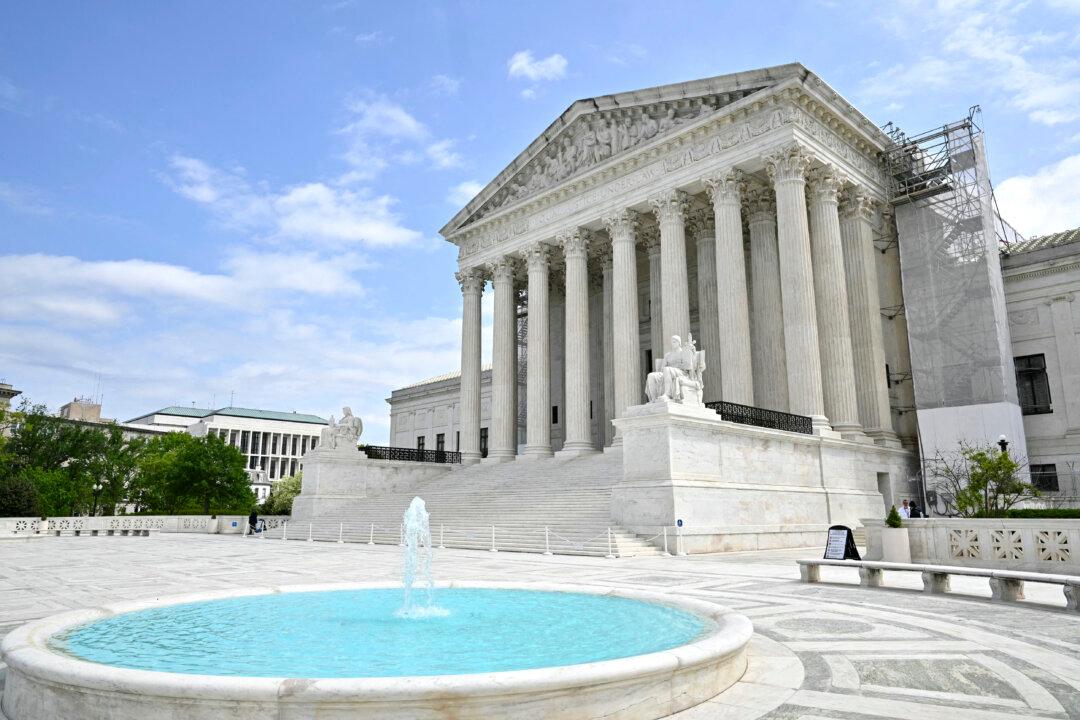The Supreme Court refused on May 13 to take up the case of app developers who accuse Apple of antitrust violations for refusing to make COVID-19 tracking and bitcoin apps available in the company’s App Store.
App makers had sued Apple, claiming the Silicon Valley giant had violated antitrust laws and that its refusal to allow its apps constituted censorship, but the U.S. Court of Appeals for the 9th Circuit rejected the lawsuit late last year.





